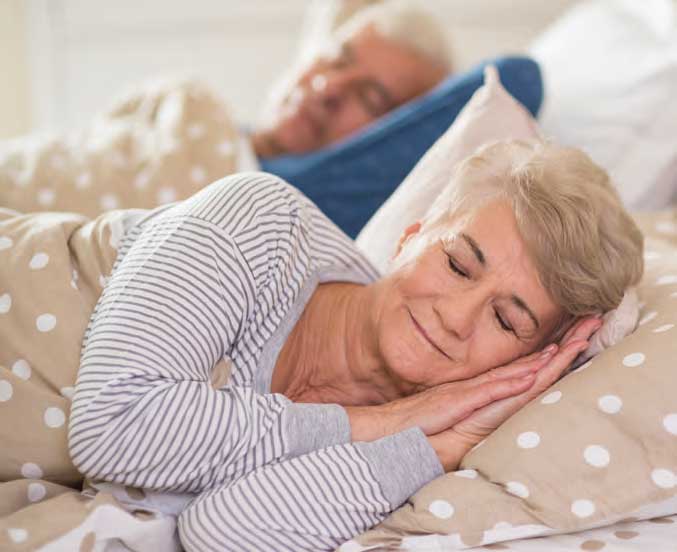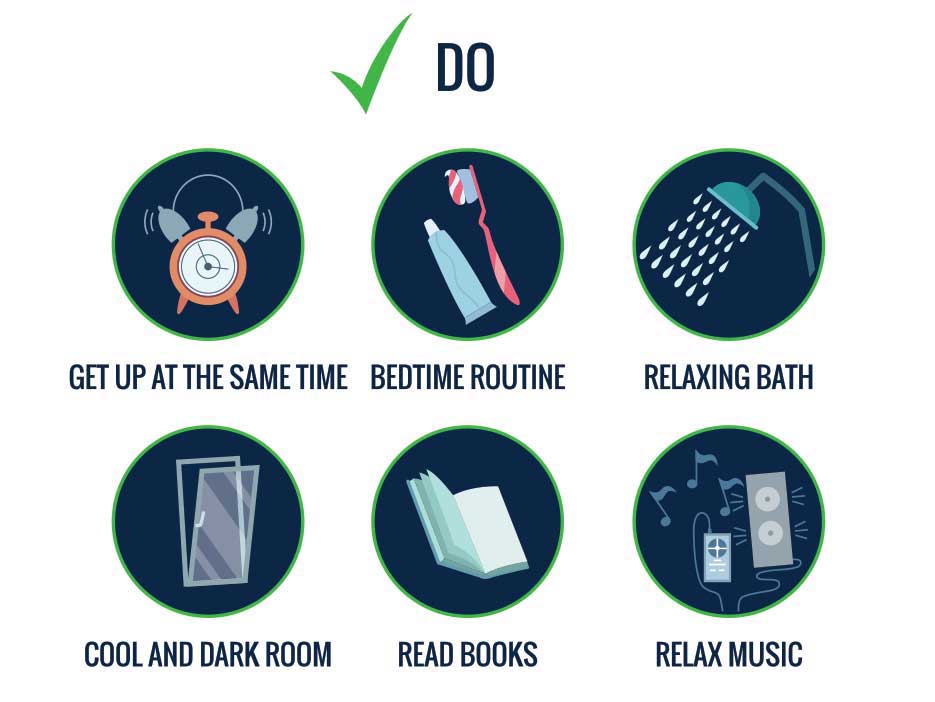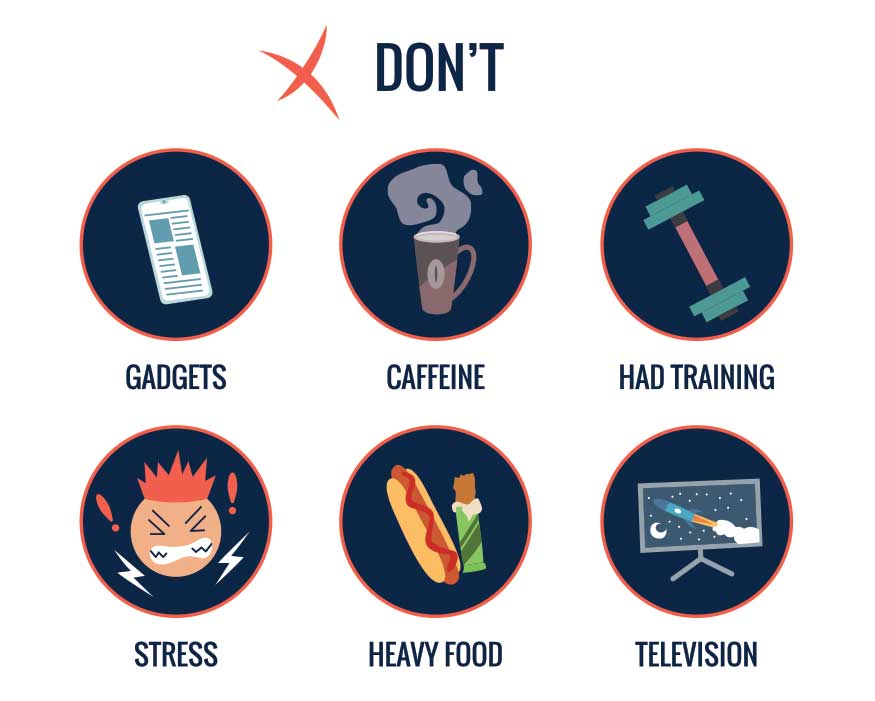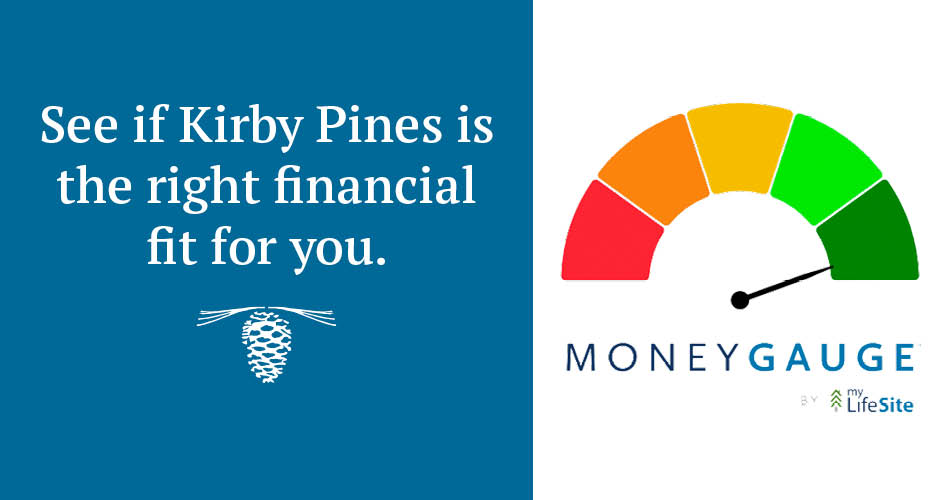
You may recall an article a while back on successful sleep. Well, sleep is so important to maintaining good physical and mental function, we are back with more helpful sleep tips! Remember, sleep is how your mind and body recharge, and without it, you cannot function properly.
Here are some controllable factors to help with a good night’s sleep:
Limit Screen Time. The National Sleep Foundation recommends you stop using electronic devices, like your phone or tablet, at least 30 minutes before bedtime. If possible, avoid watching tv or using your phone, computer, or tablet, in the bedroom. The blue light emitted from these devices restrains the production of melatonin, which is the hormone that controls your sleep-wake cycle. Instead, try reading a book.
Avoid Caffeine Late in the Day. Having caffeine (coffee, tea, soda, chocolate) later in the day can keep you awake at night. The level of caffeine in your blood peaks around one hour after consumption, and stays at that level for several hours for most people. Some people are more sensitive to caffeine than others, but it is recommended you do not consume caffeine at least six hours before bedtime.
Pick the Perfect Temperature. Sleep experts recommend keeping the room around 65 degrees, to help induce sleep and support better sleep patterns. However, if you are used to sleeping in a warmer room, slowly decrease bedroom temperatures and see if it has a positive impact. Also think about the bedding and pajamas you are wearing – are they conducive to a “cool” night’s sleep?
Avoid Eating Large Meals Close to Bedtime. While it may seem like a good idea to go to sleep on a nice full stomach, eating a large meal right before bed can lead to tummy troubles. If your stomach is still digesting food when you lie down, you may experience acid reflux, heartburn, or nausea, which can keep you up. Remember, sleep is a time for your body to rest and that’s impossible if you’re trying to digest a meal. It is recommended that you wait three hours after eating a meal to go to bed.
Nap Smart. Naps can help reduce fatigue, increase alertness, and improve mood and memory, but try to nap smart. Keep naps short – aim for 10 to 20 minutes. The longer you nap, the more likely you are to feel groggy. Take naps in the early afternoon. Napping later in the day (after 3 p.m.) can interfere with nighttime sleep.
If you are struggling with healthy sleep hygiene, contact the Functional Pathways Therapy Team for assistance!
Happy Sleeping!







 © 2025 Kirby Pines LifeCare Community. All Rights Reserved |
© 2025 Kirby Pines LifeCare Community. All Rights Reserved | 